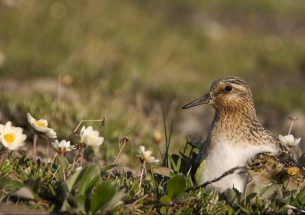News and Opinion
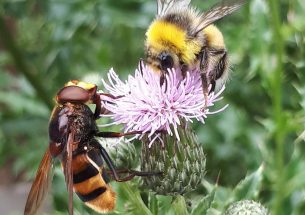
Invest in pollinator monitoring for long-term gain
READ MORE about Invest in pollinator monitoring for long-term gain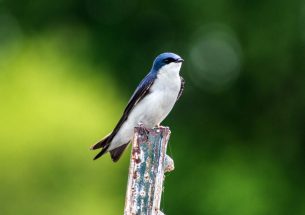
Young tree swallows carry environmental stress into adulthood
READ MORE about Young tree swallows carry environmental stress into adulthood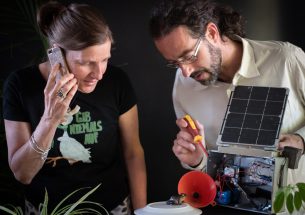
Dial-a-frog - researchers develop the ‘FrogPhone’ to remotely call frogs in the wild
READ MORE about Dial-a-frog - researchers develop the ‘FrogPhone’ to remotely call frogs in the wild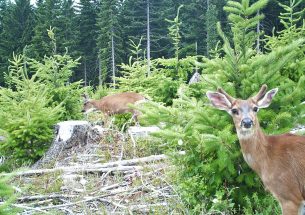
Often derided as pests, deer and elk can help young Douglas-fir trees under some conditions
READ MORE about Often derided as pests, deer and elk can help young Douglas-fir trees under some conditions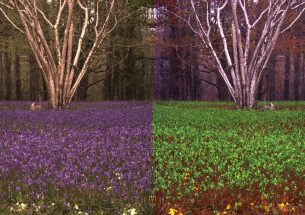
Through the eyes of animals
READ MORE about Through the eyes of animals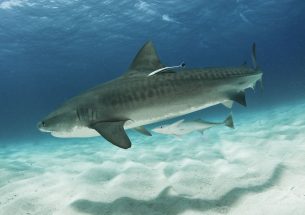
Shark nets destructive and ineffective, study finds
READ MORE about Shark nets destructive and ineffective, study finds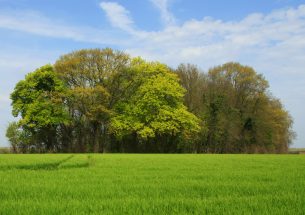
Tiny woodlands are more important than previously thought
READ MORE about Tiny woodlands are more important than previously thought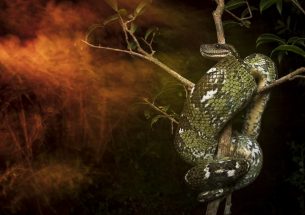
Capturing Ecology – Winning images of British Ecological Society photography competition announced
READ MORE about Capturing Ecology – Winning images of British Ecological Society photography competition announced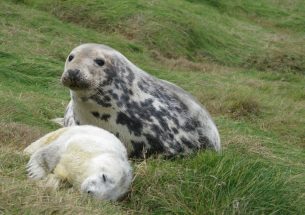
Scientists develop new method to estimate seal breeding frequency
READ MORE about Scientists develop new method to estimate seal breeding frequency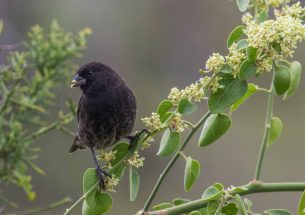
A decade after the predators have gone, Galapagos Island finches are still being spooked
READ MORE about A decade after the predators have gone, Galapagos Island finches are still being spooked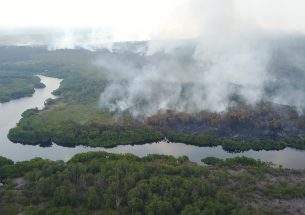
Emerging through the haze: Moving forward to tackle Indonesia’s fire crisis
READ MORE about Emerging through the haze: Moving forward to tackle Indonesia’s fire crisis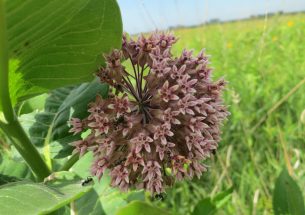
Ant cravings for sugar and salt vary across the U.S.
READ MORE about Ant cravings for sugar and salt vary across the U.S.
Diana Wall awarded President’s Medal by the British Ecological Society
READ MORE about Diana Wall awarded President’s Medal by the British Ecological Society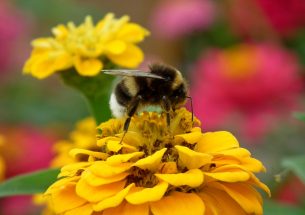
New generation insecticide reduces bumblebee egg laying
READ MORE about New generation insecticide reduces bumblebee egg laying